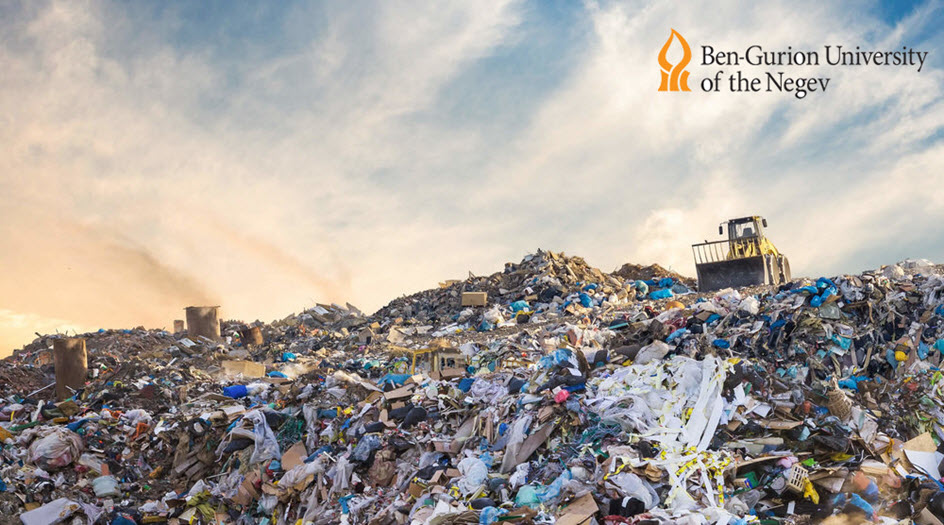
BGU researchers have developed a technology to turn carbon-containing waste into gas using supercritical water. The Laboratory for Clean Combustion under the direction of Dr. Efim Korytnyi spent six years developing the technological scheme of the novel gasification process.
The researchers argue that unique properties of supercritical water and technological innovation will outperform existing technologies both in the quality of gas produced and in overall energy effectiveness. A provisional patent application has been submitted.
Turning waste into energy serves a dual purpose – by reducing landfills and producing non-fossil fuel-based energy. Amidst a fast-growing climate crisis, such technologies are becoming increasingly critical, especially for the treatment of non-biodegradable wastes such as plastics, which cannot be decomposed or dissolved by natural agents and has a high energy content.
Supercritical water – water heated to more than 374 degrees Celsius and pressurized to more than 219 atmospheres – has unique chemical properties. It actively decomposes organic matter and very weakly dissolves inorganic substances. Since most waste contains both organic and inorganic substances, treatment causes conversion of the organic material into a gas, and the solid inorganic part for further use or interring in landfills.
“The organic components are transformed into hydrogen, methane and carbon dioxide,” says Dr. Korytnyi, “Hydrogen and methane are both potential fuel sources and feedstocks for the chemical industry. Hydrogen as a replacement for gasoline being of particular interest to the automobile industry who are investigating hydrogen fuel cells. Hydrogen fuel cell vehicles are zero-emission and the fuel cell coupled with an electric motor is more than twice as efficient as an internal combustion engine running on gasoline.
“Gasification is also a potential solution for treating hazardous waste and rendering it safe,” he adds.
The researchers are seeking investors to take their technology to the next level.
In addition to Dr. Korytnyi, Boris Duvidson, Arkady Kravtchov and Dr. Joseph Lati also contributed to the research.
The research was supported by the Israeli Ministry of National Infrastructures, Energy and Water Resources, the Israel Ministry of Environmental Protection and the Israel Ministry of Economy and Industry.
Source: Ben Gurion University
Read the most up to date Fuel Cell and Hydrogen Industry news at FuelCellsWorks




